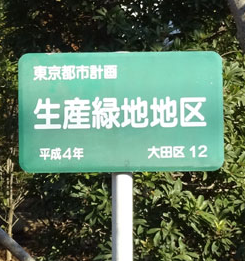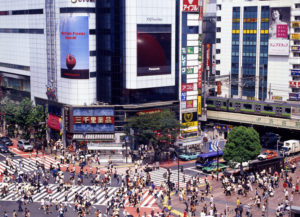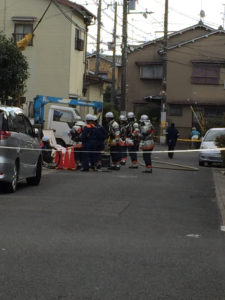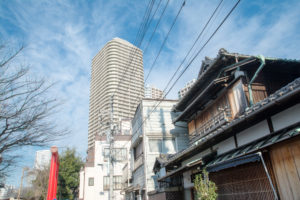
Pitfall of sub-leasing(sub-letting) real estate investment
High yielding, guaranteed rent(sub-leasing) should be too good to be true ?
Recently one of the scandals which rattled the industry is KABOCHA-NO-BASHA
(Pumpkin Carriage) problem.
The background of the scandal is as follows.
Investors were guaranteed a fixed monthly amount over an extended period if they invested money by contracting with a real estate company called Smart Days(Tokyo)
that used the funds to set up and manage share house facilities under sub-leasing agreement.
Since 2015, Smart Days, operator of women-only share houses called Kabocha no Basha (Pumpkin Carriage), has promoted high yield investments through the media and has mainly acquired customers of office workers. In the sub-leasing contract, rent payment collected through the sub-leasing is sought to pay back the debt for a long period plus small profit.
For example, suppose you borrow 100 million yen from a bank and the monthly repayment amount is 500,000 yen, if you earn rental income of 550,000 yen a month, it will generate 50,000 yen a month profit. This system is typical leveraging in the real estate investing and there is no red flag about it.
In an ideal setting, Smart days as the sub-leasing company would rent out rooms to tenants and bring in a steady and continuous supply of rent, a portion of which would go to the investors.The shared house with shared toilets and bathrooms is not as wide as 7 m² in living space, but the initial cost of moving in is kept low (so they say), and it was expected that more women moving into Tokyo from rural cities will choose to stay in these share houses.Smart days also promoted the business to support tenants finding a job (This is an alarming part)









